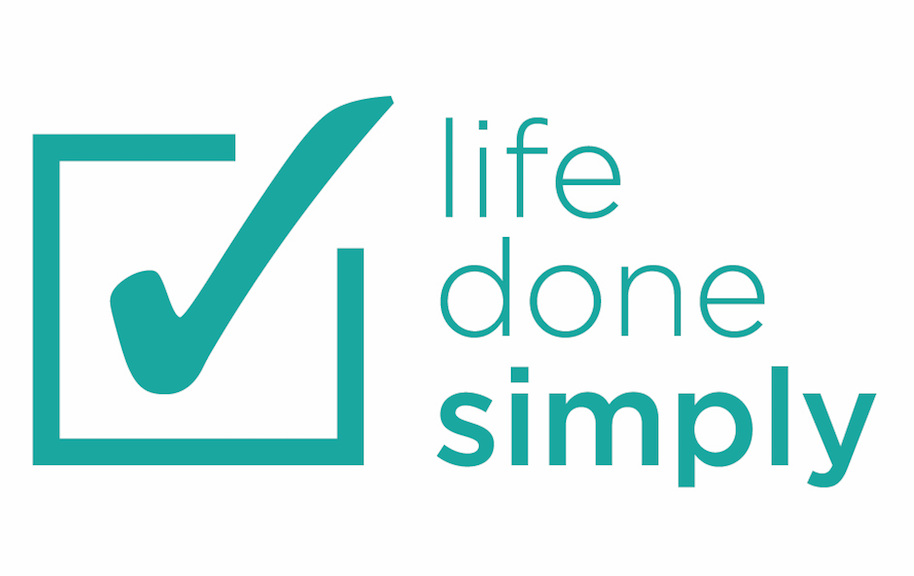Decluttering 101: Where to start when everything feels important
/Have you ever had the desire to start living a more clutter-free life? If so, the chances are good that you've picked up a book, read a blog like this one, or listened to a podcast in the hopes of getting the wisdom and inspiration to get you started on the right track.
But what do you do when that isn't enough to spark meaningful change?
The issue is not a lack of information or inspiration. The digital and physical world is crawling with these things. However, too much information and inspiration can be overwhelming for many and can lead to procrastination paralysis.
What is usually lacking is a personalized plan of action—a reasonable agreement with yourself.
Contrary to what advertisements are selling you, your plan does not need to be complicated or expensive. You do not need to declutter your whole house in 4 weeks, and you do not need to start living like a monk.
You only need to start by identifying what isn't working for you any longer—what no longer adds value to your life.
So, where should you start?
#1 Anything you avoid regularly
What do you regularly avoid, either because of its function, look, or feel?
Everyday items may include:
Clothes that don’t fit right or are uncomfortable
Cooking utensil or gadget that is rarely used because it's hard to clean
Something with a scent/odor that is unpleasant to you
Practice: Take 15-20 minutes and walk around your house and look for the obvious culprits. Stay on top of new irritants by scheduling a monthly home walk-through in your calendar. Have a donation box accessible so the next time you identify this type of clutter, you can easily get it out of the way.
#2 Anything you are keeping out of guilt
What are you keeping around because you feel too guilty to let it go?
Examples:
A gift that isn't your style
Something that meant a lot to someone else but means very little to you
An item you overpaid for and rarely used
Guilt doesn't add value to your life, but learning from it does. The best way to build a clutter-free life is to pay attention to how you've acquired items in the past, then learn to handle those situations differently in the future.
Practice: Try reframing your feelings of guilt. When facing an item you are holding on to out of guilt, ask yourself:
Down the road (days/months/years), how will you feel knowing that you allowed this item to take up valuable space or energy?
Will that personal compromise feel good?
#3 Anything you will not fix this week
Broken items that linger around our homes are often a product of wishful thinking: "I should fix that" or "That could be useful if..."
Do not confuse usefulness with value. If it isn't significant enough to fix this week, is it essential that you keep it?
Practice: Gather all items that need mending/fixing in one centralized location. Assess how much time will be required to tend to these items and determine which repairs are essential—then schedule time in your calendar that week to address them.
“The person who moves a mountain begins by carrying away small stones.”
Living a clutter-free and intentional life is a practice, not a destination. It does not need to be difficult and it does not need to happen overnight. Celebrate the small successes you experience and allow those feelings to move you forward in your journey!
Aimee Olson of Life Done Simply is a Productivity and Organizing Coach and is a member of the National Association of Productivity & Organizing Professionals (NAPO). She specializes in Holistic Organizing and Minimalism, Residential Organizing, Workplace Productivity, and Brain-Based Conditions.






